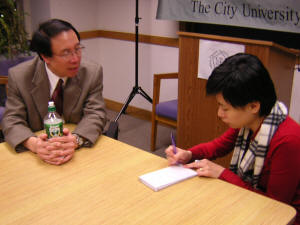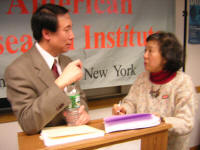The prosecutor is the central figure in the administration of criminal justice. As the leader of law enforcement in the community, the prosecutor has the obligation to participate actively in marshalling society’s resources against the threat of crime. But the basic duty of the prosecutor is to seek justice, not merely to convict. It is incumbent upon the prosecutor to ensure that guilt shall not escape and innocence not suffer. The law affords the prosecutor broad discretion in making charging decisions. A prosecutor may consider a wide range of factors when making charging decisions, for instance, the cost of prosecution to the criminal justice system and the need to bargain in exchange for a defendant’s cooperation. The law and prosecutors’ ethical code, however, require that the prosecutor not bring prosecutions without sufficient evidence or bring prosecutions for the purpose of seeking political or personal advantage. While most prosecutors do excellent work in performing their duties, there is no lack of stories about prosecutors’ abusive use of discretion that resulted in wrongful convictions.
More than 60 years ago, then Attorney General and later U.S. Supreme Court Justice Robert Jackson described the prosecutor as having “more control over life, liberty, and reputation than any other person in America.” This is so because the prosecutor stands a fair chance of finding at least a technical violation of some act on the part of almost anyone. The broad discretion in the hands of the prosecutor when properly exercised is a sharp sword to attack crime; but when improperly exercised, it may turn into a weapon to bring ruin to people’s life and reputation. In this presentation, Dr. Yue Ma will discuss prosecutor’s broad and essentially uncontrolled discretion and issues related to proper versus improper exercise of prosecutorial discretion.



